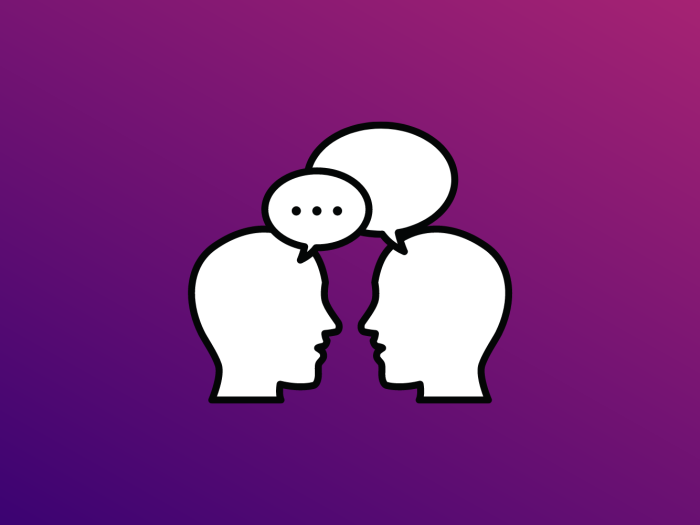This week - Tuesday 2 April to Monday 8 April - is World Autism Acceptance Week. Brooke Horry, who is an autistic peer support worker at SHSC, writes about the need for autism awareness and acceptance.
Brooke Horry is a peer support worker working in the Sheffield Adult Autism and Neurodevelopmental Service.
Every April, there is a focus globally on raising awareness of autism, and of increasing acceptance of autism.
This starts with World Autism Acceptance Day, that occurs annually on 2 April. World Autism Acceptance Week follows, from 2 April to 8 April.
World Autism Awareness Day has been internationally recognised since 2007, when it was designated as 2 April by the United Nations General Assembly.
Originally, World Autism Acceptance Day was called World Autism Awareness Day. And, World Autism Acceptance Week was called World Autism Awareness Week.
In recent years, there has been a greater shift towards focusing on acceptance of autism, instead of awareness.
Many people within the autistic community have advocated for this change in language.
This is because a lot more people are now aware of autism - but the acceptance, appreciation and active inclusion of autistic people still has a long way to go.
Whilst autism awareness and autism acceptance may seem similar, this shift in language choice over the years highlights how important language choice is when talking about and to autistic people.
Getting language and terminology right empowers autistic people and shows that a person or organisation values autistic people.
Autism awareness refers to a general knowledge that we exist, a simple overview of what autism actually is and debunking some stereotypes.
Autism acceptance goes beyond this. Autism acceptance focuses on accepting an autistic individual as they are and moving away from the use of deficit-based language when referring to autism.
Autism acceptance also acknowledges the strengths and difficulties of being autistic and aims towards an understanding of the autistic lived experience.
Here are some things you can to do promote autism awareness and acceptance:
- educate yourself on the right terminology and language to use when talking about autistic individuals
- swap deficit-based language choices for autistic affirming language
- listen to the autistic community - autistic voices and autistic content creators
- embrace the strengths of autistics as well as acknowledging their difficulties
- proactively seek to make reasonable adjustments for autistic individuals and empower autistic people to ask for, and use them
